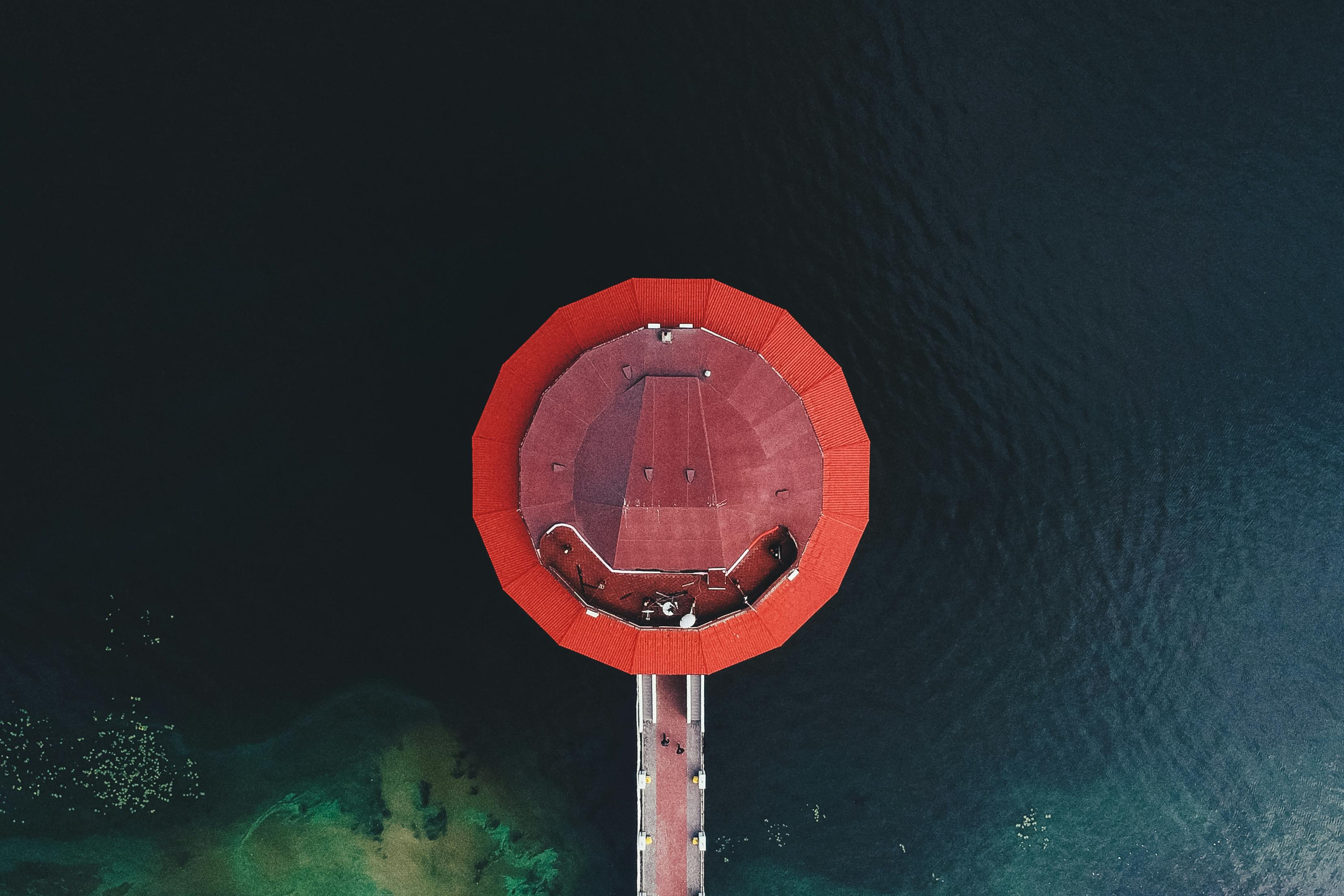With the traditional economies of the West experiencing increasing uncertainty each year, some investors have begun to take a closer look at emerging economies. Apart from Asia, South America seems today one of the most interesting places to invest. All the usual candidates have their pros and cons. While Argentina suffers from legal insecurity and Brazil from corruption and crime that is still widespread. They are still by far the best known and largest countries.
However, Chile has gained ground on them in the last 10 years or so. Chile offers a very balanced place: there is a high level of literacy and education, the highest average income (although it is still not evenly distributed), very good infrastructure and well-functioning institutions. It is also worth mentioning the low levels of corruption at the institutional level.
On the other hand, Chile offers both institutional and private investors a wide range of interesting objects. For the institutional investor, or the investor who mainly seeks profitability, Chile has tourism projects, and more importantly, agricultural and mining lands.
For the private investor who may be looking for a second home or piece of land, there are great deals out there, whether it’s lakefront land in the southern lakes region, great farm land at less than $5,000 an acre, or just a beach house in Viña del Mar or further north.
The five things you should know when investing:
1. Can anyone buy land in Chile?
Yes. But what you need to buy land in Chile is a so-called RUT, similar to a social security number. It is issued by the Chilean tax authority and is easy to obtain. You will get it without any problem, but you must request it in person in Chile at the tax office (Servicios Impuestos Internos).
2. How can I make sure that the property I buy is legally in good condition and that the seller owns it?
When you have found the property you were looking for, you should contact an attorney to verify the legal limitations and ownership of the property. The lawyer will request the information at the Real Estate Registrar, the Chilean institution that keeps all the records of all the properties. He can also apply for registration right there. What you need is the ROL number, the identification number of the property.
3. Looking for farmland
If you’re thinking of investing in farmland (because food prices ARE GOING to go up), it all depends on whether you intend to farm it yourself or want to rent it out to other farmers. In the first case, you will probably want land that can produce exportable fruits, such as grapes, walnuts, or apples. Then, look in the Regions close to the Metropolitan Region: V. and VI. Region. If you want to rent the land, we recommend that you look further south, where you will find land that is cheap and favors crops that do not require a long investment period, such as corn or maize.
4. Keep the Mapuche in mind
The main tribe of the Chilean Indians are the Mapuches. They have been granted some land after the colonial rulers had taken everything from them earlier. Now the problem is that the Mapuche believe that the land cannot belong to anyone and legally they do not have the right to sell the land to non-Mapuche people. If they sell it anyway, the contract may be illegal. If you buy in the southern zone (VIII-X Region), have your lawyer review this point. In other regions it is not usually a problem.
5. How to know when is a good time to invest in Chile
After the Chilean central bank announced the purchase of 50 million dollars a day until the end of the year, the dollar has gained around 5% against the Chilean peso. However, it seems likely that in the medium term the weight will recover its loss and even reach higher levels than ever. The reason is the copper from Chile. It is the country’s main export and its price has risen. The other major export, fruits, has also seen higher prices over time. If these trends continue, the Peso will rise even higher. This could make it more expensive for you in the future. Although – no one can foresee exchange rates.
For more information on all these topics, visit the site http://www.property-in-chile.com.




